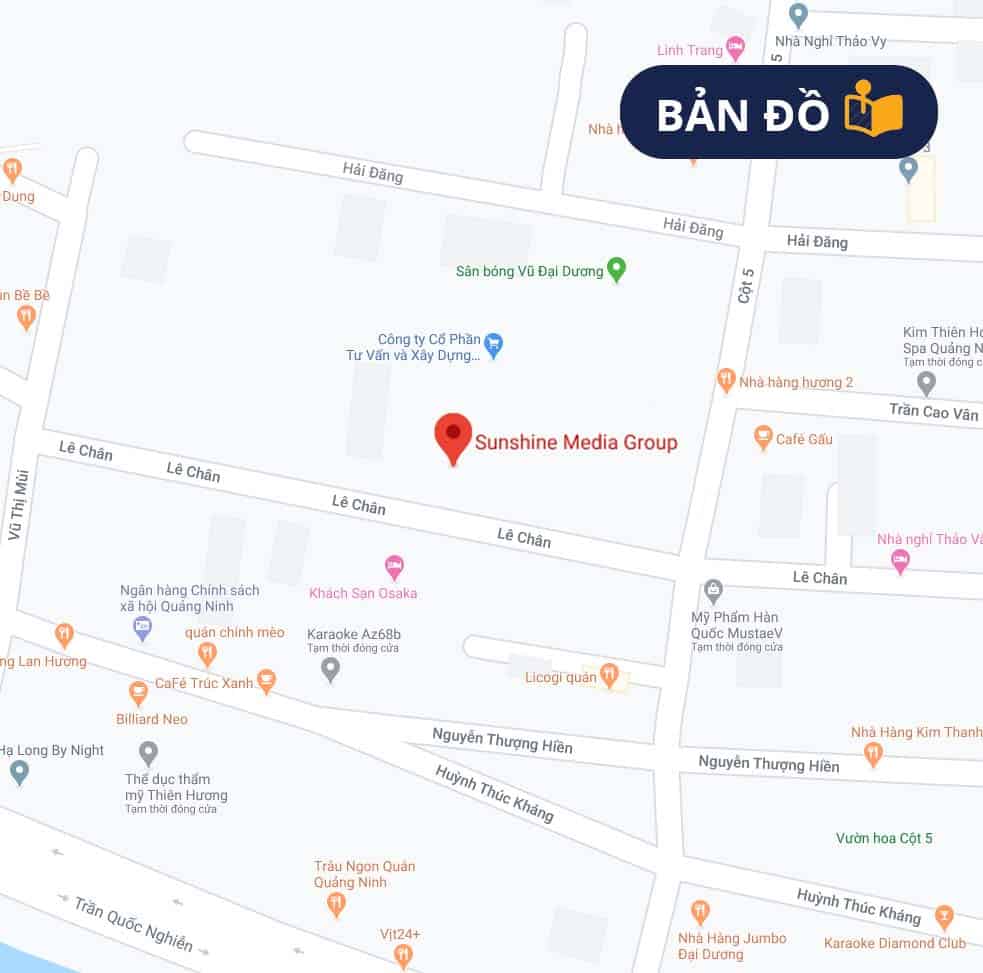The Hidden Dangers of Uncharted Territory: Avoiding Common Pitfalls
When embarking on a mission that requires navigating through unexplored or treacherous terrain, the stakes are high. The consequences of failure can be severe, and the margin for error is often razor-thin. In such situations, it’s crucial to avoid mistakes that can put the entire operation at risk.
Underestimating the Unknown
One of the most significant mistakes mission teams crossyroad casino make is underestimating the complexity and unpredictability of uncharted territory. Whether it’s a remote wilderness area, a war-torn country, or a hostile urban environment, the unknown can be a formidable foe. It’s essential to approach such situations with humility and a willingness to learn from others who have gone before us.
In many cases, underestimating the unknown leads to overconfidence, which in turn can lead to complacency. When teams become too confident in their abilities, they may overlook potential hazards or fail to prepare adequately for unexpected challenges. This can result in costly mistakes that put everyone at risk.
Lack of Planning and Preparation
Another critical mistake mission teams make is failing to plan and prepare thoroughly for the task ahead. In uncharted territory, even small details can become major obstacles if not addressed beforehand. A thorough analysis of the terrain, potential hazards, and contingency plans is essential to ensure a successful outcome.
Inadequate planning can lead to misunderstandings, miscommunication, and confusion among team members. This can further exacerbate existing problems and create new ones, ultimately jeopardizing the entire mission. It’s crucial to anticipate potential challenges and develop effective strategies for overcoming them.
Insufficient Communication and Coordination
Effective communication and coordination are essential components of any successful mission. However, in uncharted territory, these skills are often put to the test. When teams fail to communicate clearly or coordinate their efforts, misunderstandings can arise, and critical information may be lost.
The consequences of poor communication can be severe. For example, a failure to brief team members on potential hazards or protocols can lead to accidents or injuries. Similarly, inadequate coordination between different departments or stakeholders can result in delays, missteps, or even the loss of valuable resources.
Overreliance on Technology
While technology has revolutionized many aspects of modern life, it’s not always a reliable solution for navigating uncharted territory. In fact, an overreliance on technology can lead to complacency and decreased situational awareness.
When teams become too reliant on GPS or other electronic aids, they may overlook basic navigation skills, such as reading maps, using compasses, and observing the environment. This can lead to a false sense of security, causing them to venture further into unknown territory than they should.
Failure to Adapt to Changing Circumstances
Finally, mission teams must be prepared to adapt to changing circumstances in uncharted territory. Weather conditions, local politics, or unexpected events can all impact the success of an operation. When teams fail to anticipate and respond to these changes, they may find themselves struggling to overcome unforeseen challenges.
Adaptability is essential for success in any field, but particularly in mission uncrossable situations where uncertainty and unpredictability are inherent. By remaining flexible and open to new information, teams can adjust their strategies and stay on track despite unexpected setbacks.
Mission Uncrossable: The High-Stakes Reality
In today’s complex world, mission uncrossable operations are becoming increasingly common. Whether it’s a humanitarian aid effort in a war-torn country or an exploration expedition into uncharted wilderness, the stakes are high, and the margin for error is slim.
To avoid the top mistakes that can jeopardize such missions, teams must be aware of the potential pitfalls and take proactive steps to mitigate them. By acknowledging the complexity and unpredictability of uncharted territory, planning thoroughly, communicating effectively, using technology judiciously, adapting to changing circumstances, and staying flexible, mission teams can increase their chances of success.
Ultimately, navigating uncharted territory requires a deep understanding of human psychology, sociology, politics, and environmental factors. It demands expertise from various fields, as well as collaboration, creativity, and innovative thinking. By being aware of the common pitfalls and taking proactive steps to avoid them, mission teams can achieve their objectives while minimizing risks and staying safe in uncharted territory.






